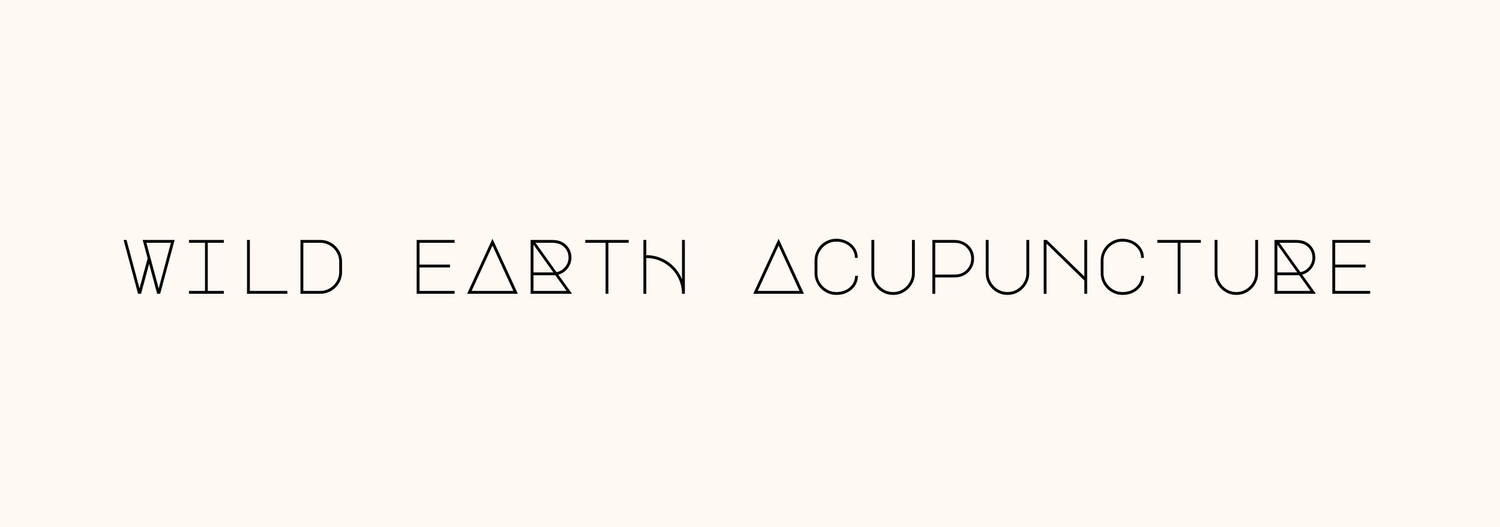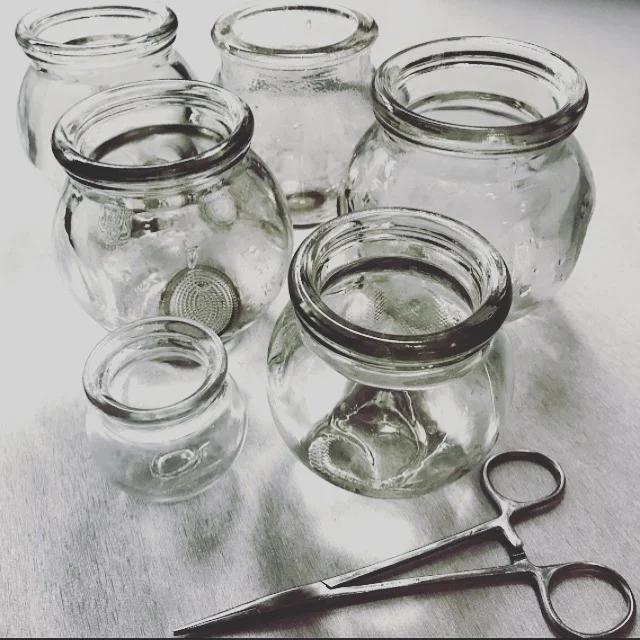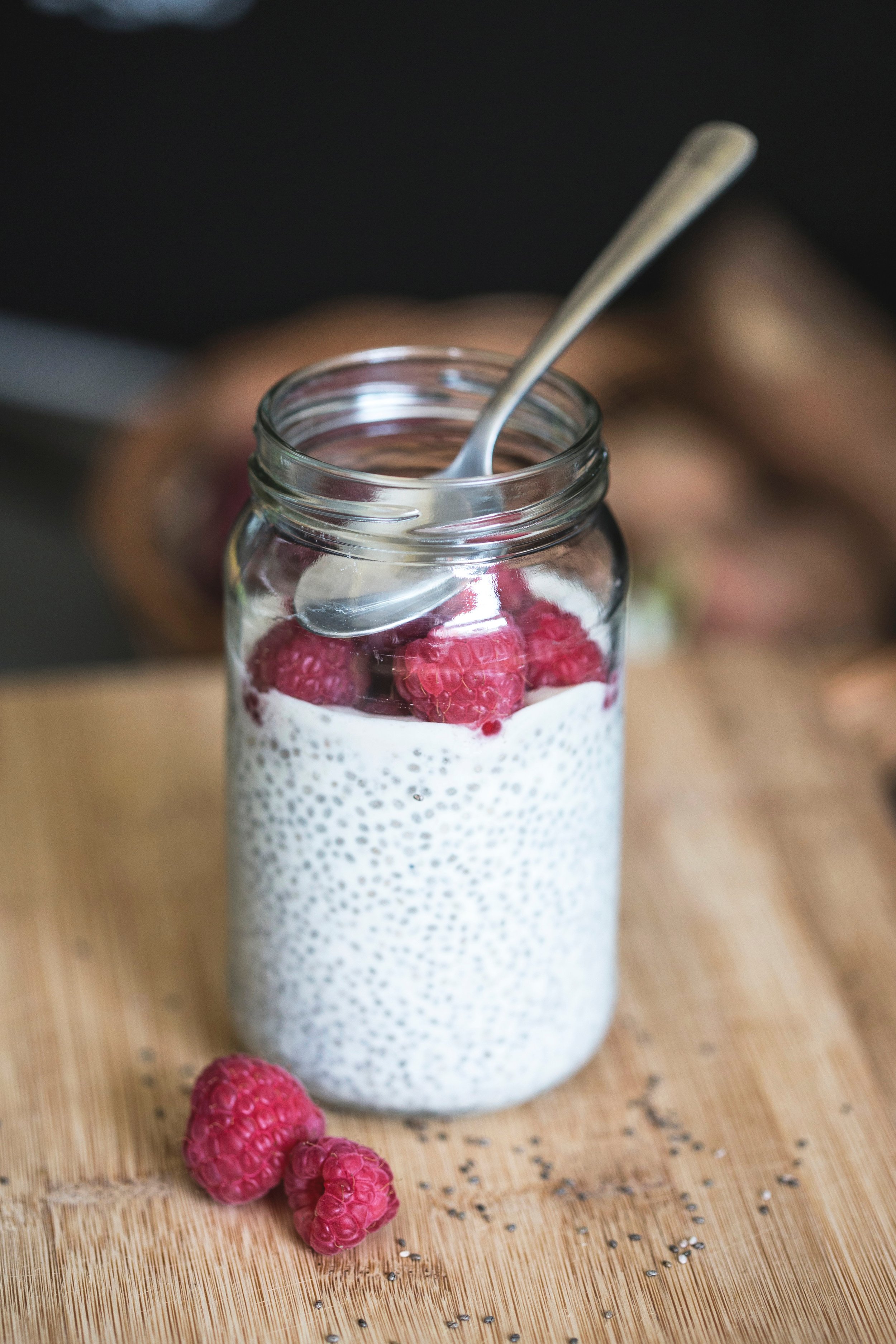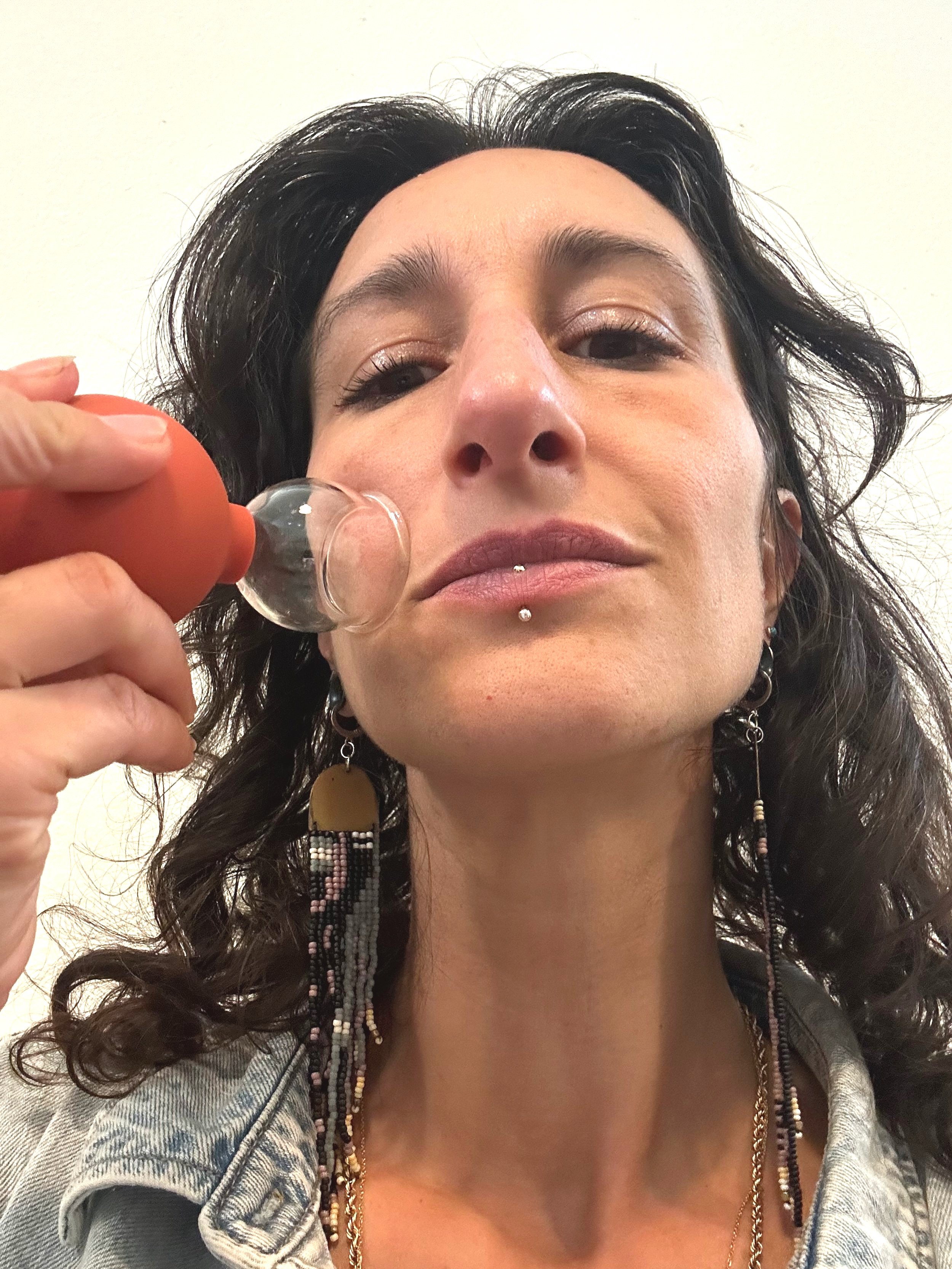Answers to Frequently Asked Questions about Traditional Chinese Medicine and Acupuncture
Traditional Chinese Medicine (TCM) is such a fascinating and complex medical system that has withstood the tests of time. It has been utilized for thousands of years and dates back to ancient China. It gained popularity in the United States in the 1970s after President Nixon and James Restons' trip to China. By the mid-1970s many states had begun to legalize the practice of Acupuncture. Acupuncture is now offered in hospitals and clinics around the country and Chinese herbal medicine is becoming more popular and accessible. This article addresses some frequently asked questions to help make TCM more accessible.
“Acupuncture performs specific functions in Traditional Chinese Medicine. It regulates the flow of Qi through the channels and Organs, removes blockages, strengthens the body’s protective nature, and lessens the virulence of excesses. To be able to use acupuncture effectively against the full panoply of illnesses it is capable of treating, one must understand the meaning of Qi, channels, Organs, and Excesses, how blockages manifest themselves, and how TCM conceptualizes disease. Using acupuncture without understanding its philosophical and theoretical basis is like using antibiotics with no knowledge of Westem physiology, anatomy, and pharmacology: the results will be unpredictable at best.”
What is Traditional Chinese Medicine?
TCM is a medical system that originated in ancient China over 2000 years ago. It is a system that studies the relationship among parts of the body and how the body interacts with the world around it. It believes that all illness and injury is due to an underlying imbalance, and when balance is achieved the body is in a dynamic state of health. The main diagnostic skills in Traditional Chinese Medicine are used to observe patterns that create this underlying disharmony, this is done by inspecting the skin, tongue, hair, eyes, and nails, measuring the pulse, as well as inquiring about eating habits, sleep patterns, digestive and reproductive health, as well as the quality of emotions and relationships. ‘
The main components of this system are acupuncture, massage therapies such as Tui Na and Shiatsu, movement therapies such as Qi Gong, and Tai Qi, herbal medicine, and dietary therapy. It is a comprehensive and holistic medical system. Major foundational theories are the concept of Yin-Yang, Qi, the Five Phases (known also as the Five Elements), and Zang-Fu Organ systems. The main treatment principles are focused on preventative care and treating disease by finding the root cause, supporting the body’s natural functions and dispelling unwanted and unhealthy conditions, knowing when to treat the root cause and when to focus upon the "branch", regulating yin-yang, and treating according to climate, season and individual needs.
Basic Foundational Theory focuses upon aspects such as;
Ying and Yang
The flow of Qi
The Five Elements
Organ Systems and Meridiand
What is Qi?
Qi (pronounced- CH-ee) is one of the most foundational concepts of TCM and one of the most difficult to translate. It is most well known as the “vital healing energy” of the body that circulates within the specific meridians or channels, but it is also much more than that. It has duality such as all things do, it is matter without form as well as function and activity. It is the most basic substance that comprises the world and the movement and changes of Qi determine the state of the world and the health of one’s body. There are various types of Qi when speaking in terms of health within TCM, and various functions such as transforming, transporting, holding, raising protecting, and warming.
How does Acupuncture Work?
This is probably the most asked question that I hear! In a Western scientific perspective, the mechanism of action is unknown but there are various ideas and viewpoints on just what makes acupuncture so effective. Check out my blog post for more information. Many theories rest upon the idea that acupuncture stimulates the nervous system to help promote relaxation, ignites the immune system to promote healing, and regulates neurotransmitters to decrease pain and improve sleep and stress levels.
This is the Chinese medicine organ clock which explains the order in which the Qi flows thru the specific organ systems.
What Training is Needed to Become an Acupuncturist?
To become a licensed Acupuncturist in the United States, a person must attend an accredited master's program that runs for 3 years or longer. The most common degrees are a Master of Science in Acupuncture or a Master of Science in Acupuncture and Oriental Medicine. Some schools are offering Doctorates of Acupuncture and Oriental Medicine (DAOM) programs. These programs are designed to help graduates qualify for national accreditation and state licensing which are both mandatory.
The national accreditation boards are the National Certification Committee for Acupuncture and Oriental Medicine (NCCAOM) and the Accreditation Committee for Acupuncture and Oriental Medicine (ACAOM). State licensing and requirements vary from state to state. For example, some states require that acupuncturists must study to become a chiropractor or medical doctor first. Here in Portland Oregon, we have two amazing places to study- the National University of Natural Medicine and my alma mater, Oregon College of Oriental Medicine (OCOM) which has been voted the #1 Chinese Medical school in the US! These programs require an in-depth study of anatomy and physiology, biochemistry, Chinese medical theory, hands-on needling training, pharmacology, tai Qi/ Qi Gong practice, as well as numerous clinical hours and observation.
Tell Me More About These Needles?!
Acupuncture needles are sterile, single-use needles that vary from a diameter of 0.16 mm to 0.46 mm and vary in length between 13 to 130 millimeters. The filiform needles are super fine, flexible, and strong and are made of high-grade stainless steel- sometimes adorned with copper or gold handles. Many times they are inserted into the skin with a plastic guide tube. The needles are often manipulated to achieve a specific stimulation in accordance with the treatment plan.
“Acupuncture is a forgiving and extremely flexible science. The insertion of a needle into the body in order to contact the Qi will usually produce some changes, whichever the points selected."
-Deadman
Does Acupuncture Hurt?
My short answer is NO, but in reality, my answer is "It depends". It depends upon your perception of pain. The needles used are very fine and can be inserted with very little to no feeling at all. But more often than not, I want the patient to experience some sort of sensation from the needles. We call this the De Qi. It allows practitioners to sense that the needles are working and the body is responding. Patients usually describe this sensation as a gentle tapping or a deep dull ache. I never want a patient to be too uncomfortable with these sensations so that they are not able to relax, as that’s when the healing happens! Many times the acupuncture points will be tender upon palpation and the needles will make this spot feel a bit sore, but over the course of the treatment these points begin to calm down and then they are no longer felt.
What Can Acupuncture Help?
Acupuncture is a very versatile technique that can be utilized for a wide range of conditions and within its text hold a wide assortment of prescriptions for the treatment of more than 100 diseases. It is most known for its effectiveness in treating pain. Some conditions that respond well to acupuncture are as follows;
Arthritis
Nausea
Respiratory disorders
Stress and anxiety
Insomnia, disorders of sleep
and much more
Can Traditional Chinese Medicine Help Me?
Within the realm of Chinese medicine resides multiple modalities, not only acupuncture but acupressure, herbal medicine, movement therapies such as Qi Gong and Tai Qi, bodywork and massage, as well as a comprehensive understanding of nutritional therapy. There are many therapeutic modalities to help assist a wide range of imbalances and diseases. Check in with a practitioner of this medicine to see what is right for you!
Sources
Deadman P, Al-Khafaji M, Baker K. A Manual of Acupuncture. East Sussex, England: Journal of Chinese Medicine Publications; 2016.

































Learn about Kidney Yang Deficiency in Traditional Chinese Medicine, including signs, symptoms, food choices, and lifestyle tips to restore balance and vitality. Discover a warming recipe to support Kidney Yang health.